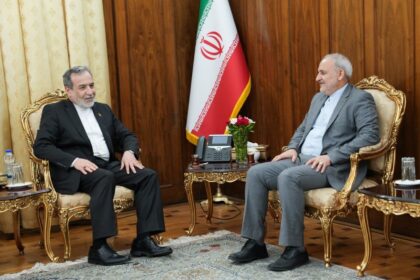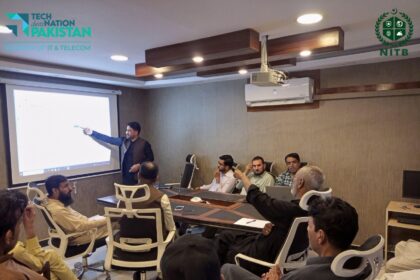At the closing session of an international conference on space and technical applications for socio-economic development hosted by SUPARCO, Federal Minister for Planning Professor Ahsan Iqbal outlined Pakistan’s forward-looking space agenda and reiterated the need for broad international cooperation.
Professor Iqbal presented a timeline of ambitious space milestones that position Pakistan as an emerging partner in global space science: a lunar cubesat launch planned for 2026, participation of Pakistani astronauts in an international mission the same year, a first national moon rover scheduled for January 2028, and a roadmap toward a complete lunar mission to be finalised by 2035.
The minister said 2025 proved pivotal for Pakistan’s space capabilities, citing recent successful launches including PakSat-MM1, EO-1, a new synthetic aperture system and the HS-1 hyperspectral satellite. These programmes have strengthened the country’s technical base and advanced the national agenda for space milestones.
Advances in earth observation technologies have already had practical impact at home, improving agricultural planning, informing environmental policy and enhancing response strategies during the major floods of 2022 and 2025. Satellite-enabled connectivity has also expanded access to telehealth services, digital classrooms, rural broadband and e-commerce, bringing tangible socio-economic benefits to underserved areas.
Institutions such as the Institute of Space Technology and the National Center for GIS and Space Applications, established in 2017, are playing a key role in training a new generation of engineers, researchers and space scientists to support these programmes and sustain long-term growth in the sector.
Professor Iqbal emphasised that achieving these space milestones will require strong partnerships, including collaboration with the Islamic world and other global partners, as Pakistan seeks to integrate its national efforts within an international framework for research and technology exchange.











